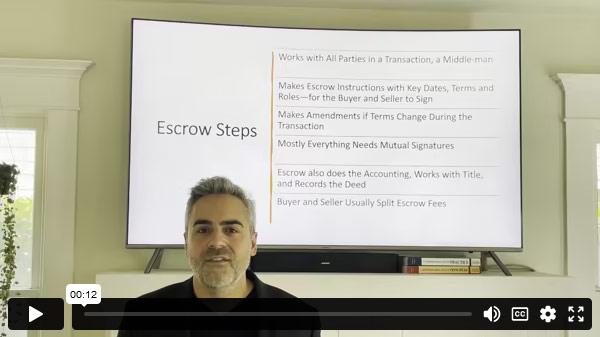In 1978, California voters passed Proposition 13 (“Prop 13”) by a margin of nearly two thirds of the voting population. If you are a long-time California resident over 55 years old, you probably remember it well and have some idea of its impact on property taxes and community services. If you are younger, you may not know much about it. But if you are a homeowner (or about to become one), or a real estate agent (or about to become one), it’s important to understand what Prop 13 is and how it affects you, your neighbors, your clients and your community. And it is also essential that you understand how property taxes were assessed prior to Prop 13’s passage.
A Prop 13 History Lesson
Before Prop 13, California’s property tax rate was three percent (3%) of the assessed value of a home (based on its fair market value (“FMV”), or the price the home would sell for under normal market conditions) and there was no limit on annual increases. For example, if you paid $400,000 for your home, your tax bill for the year you purchased it would be $12,000, which is 3% of $400,000. If, a year later, your neighbor down the street sold his similar home to a buyer who paid $420,000, your property tax would likely be reassessed to take that increase in value into account. Your $12,000 tax bill could then grow by an additional $600 or so in just one year. We would all cringe every time a neighbor sold their house for a higher price!
After Prop 13 passed however, California changed its property tax assessment rate to just one percent (1%) of the property’s FMV per year and annual tax increases are limited to a two percent (2%) cap. In other words, when property is sold, it is reassessed at FMV, but the rate remains at one percent (1%) of that value. And then the new owner is protected by the two percent (2%) annual cap. (The same goes for commercial property.)
So, everyone benefits, right? Well, not quite and not in the same way. Under Prop 13, the longer you are the owner, the more you benefit. That may keep people from selling as often and decreases the home supply for new buyers to get into the market. And new home buyers pay more property tax than their neighbors for a similar house. This may cause them to put off buying a home and getting in on the property tax train.
How Does Prop 13 Affect Community Services?
Where do our property taxes go? They go to the local governments in order to provide services that we all want and need. Property taxes are critical for funding police, ambulance service, firefighters, libraries, and schools, to name a few. As long as those services are properly funded, the property values in the neighborhood go up. And when property values go up, so do property taxes. It’s quite circular.
One of the typical questions home buyers ask about when they are searching for a new home is how good the local school district is. Families want to buy homes where the schools are well-funded and are often willing to pay more for a home in a neighborhood with good schools. Good schools increase property values because they create more demand for homes in the area. But after Prop 13 passed and placed a cap on property taxes, schools and other public services were recipients of less property tax revenue, putting the quality of those services at risk. To compensate, other taxes had to be increased: income, sales and business taxes.
The Current State of Affairs
There are efforts under way to repeal or partially repeal Prop 13 in the upcoming 2020 election. The changes would raise taxes only on commercial and industrial property by requiring reassessment at current FMV at least every three years. And only business properties that have a market value of $3 million or more would be subject to paying the tax increase. Smaller businesses would be exempt. So would homeowners.
Be sure to stay tuned for updates.











